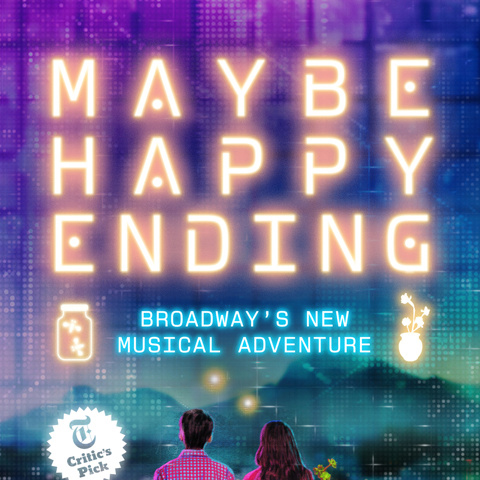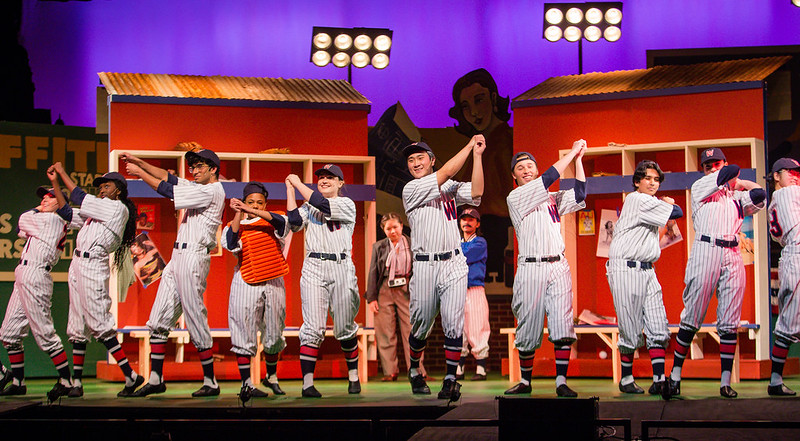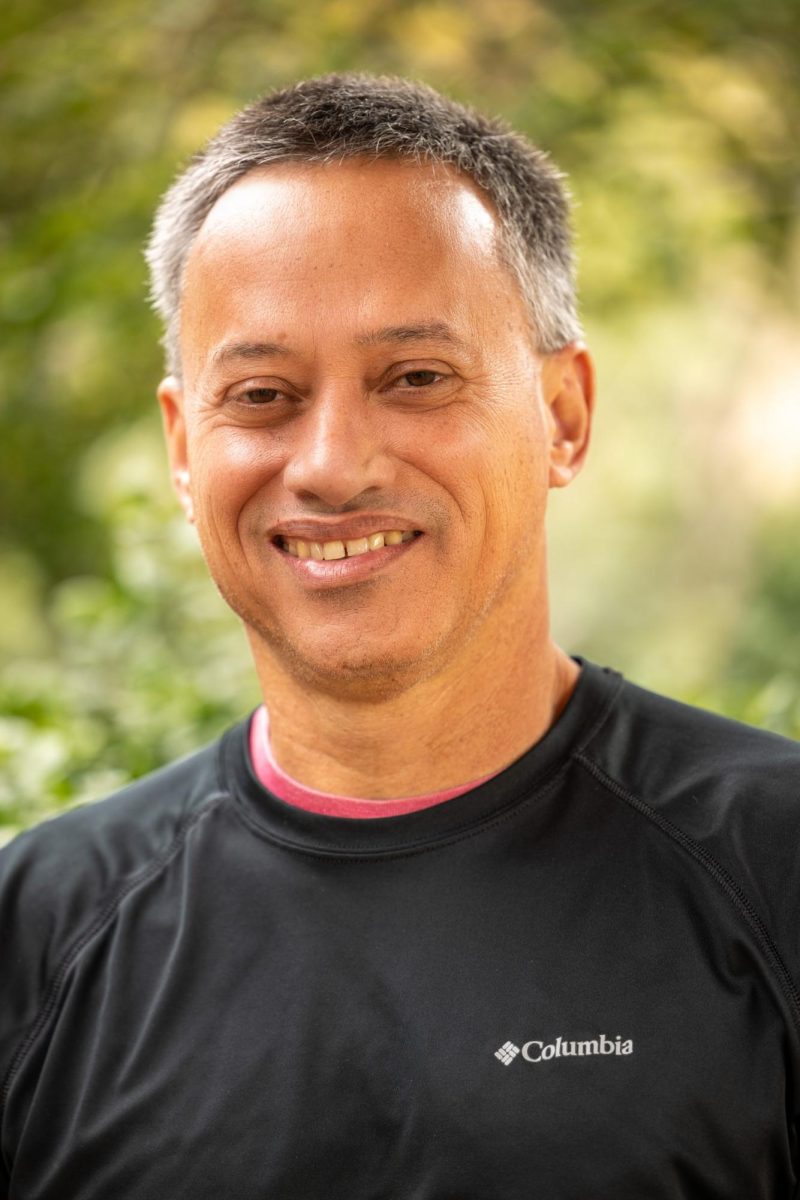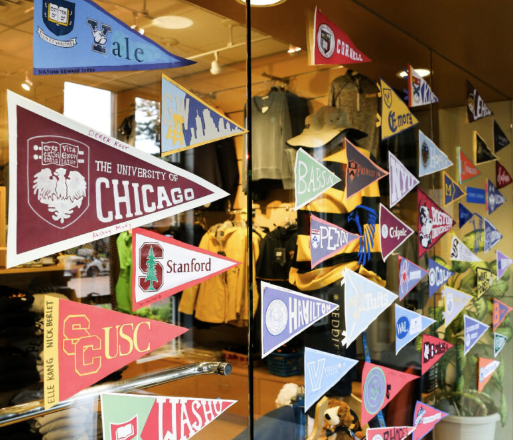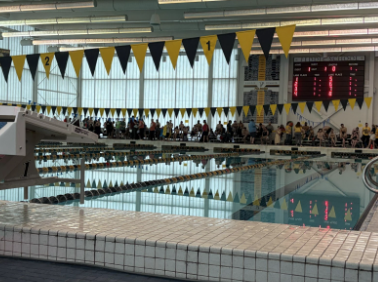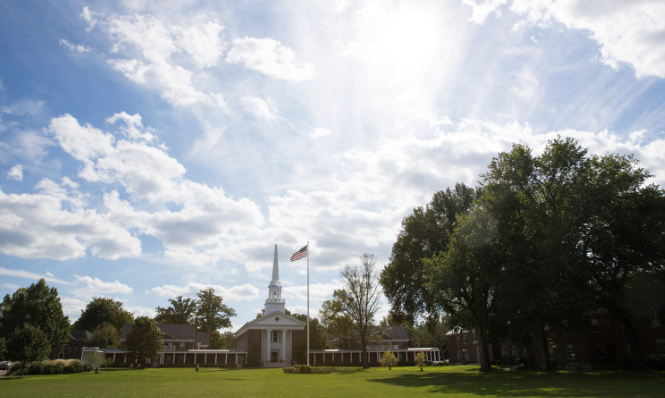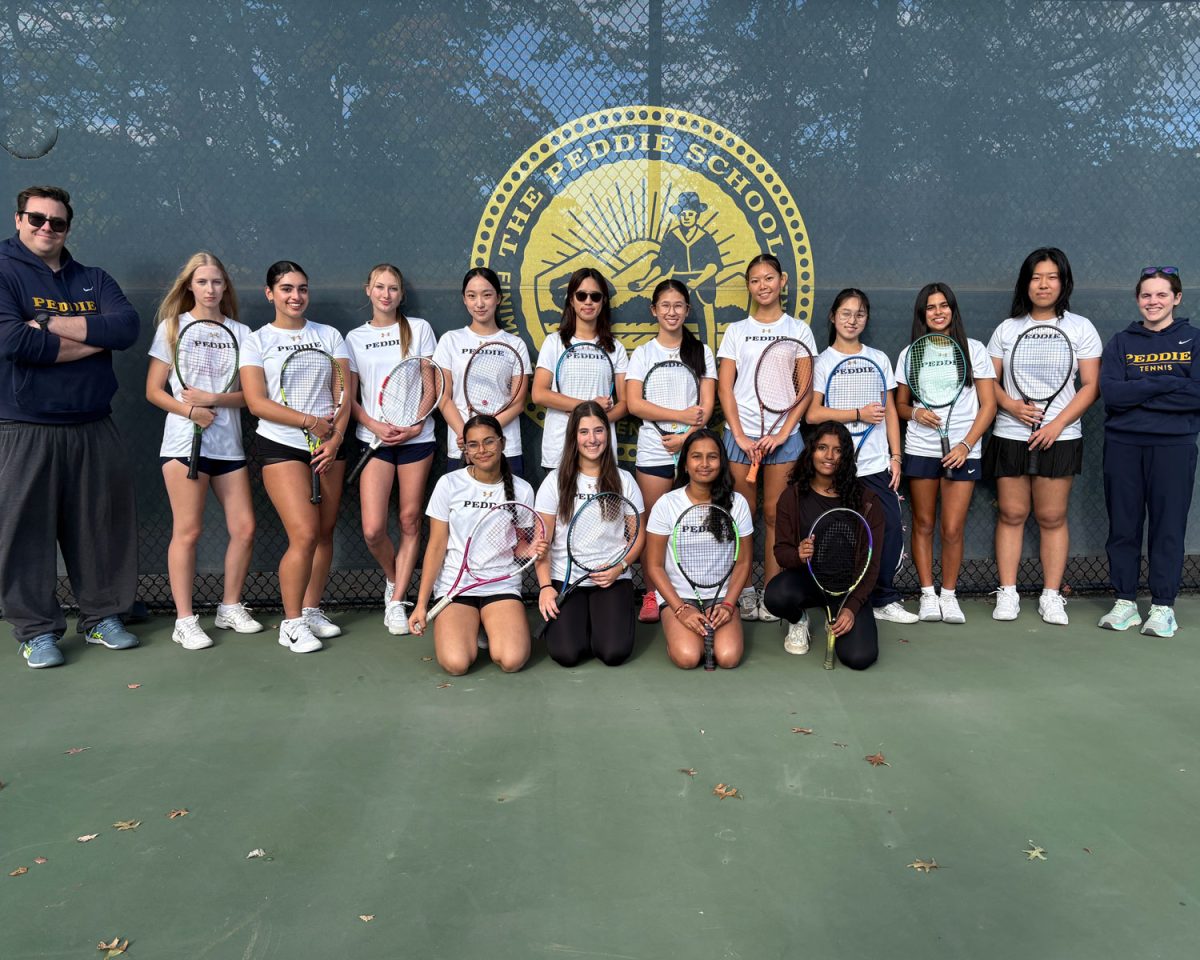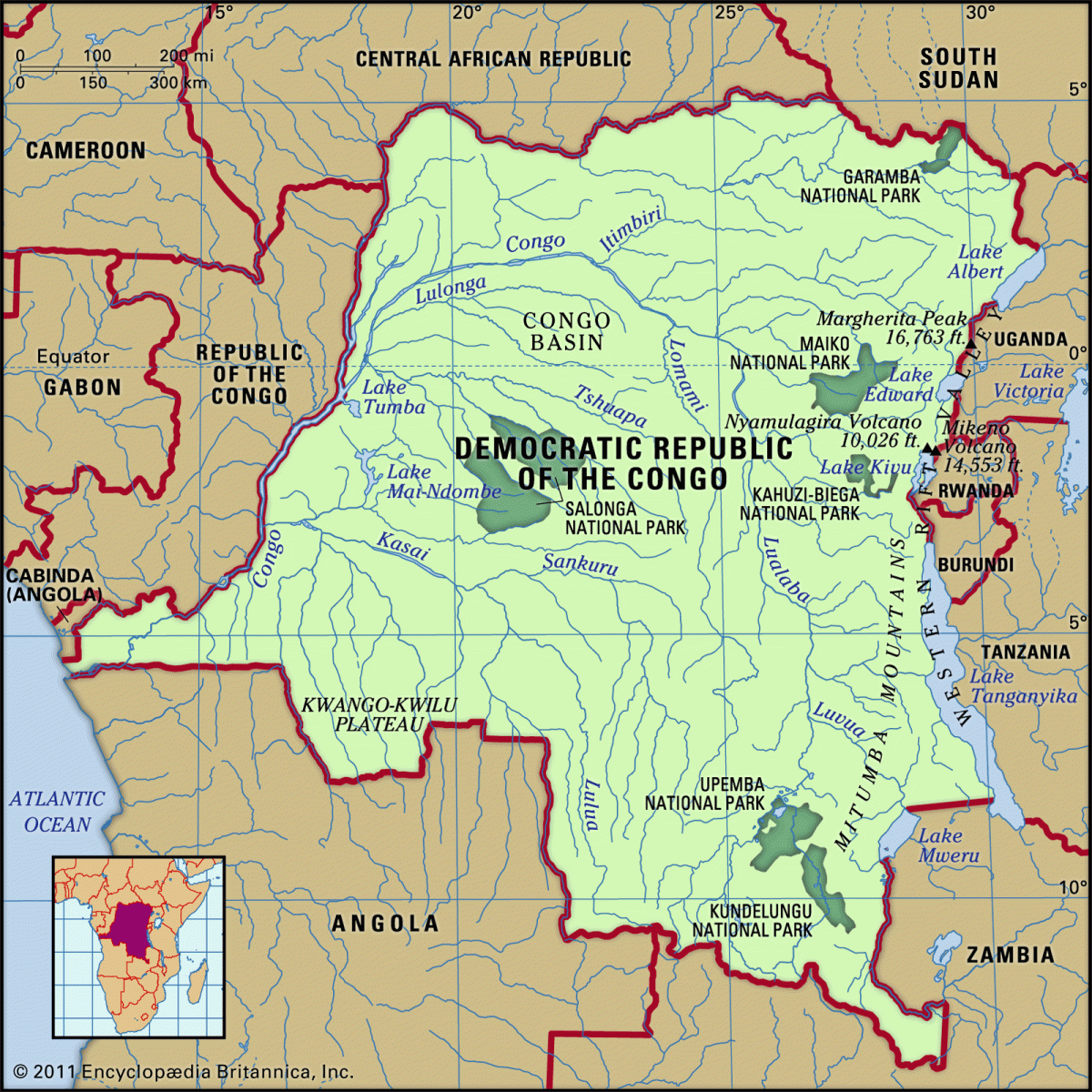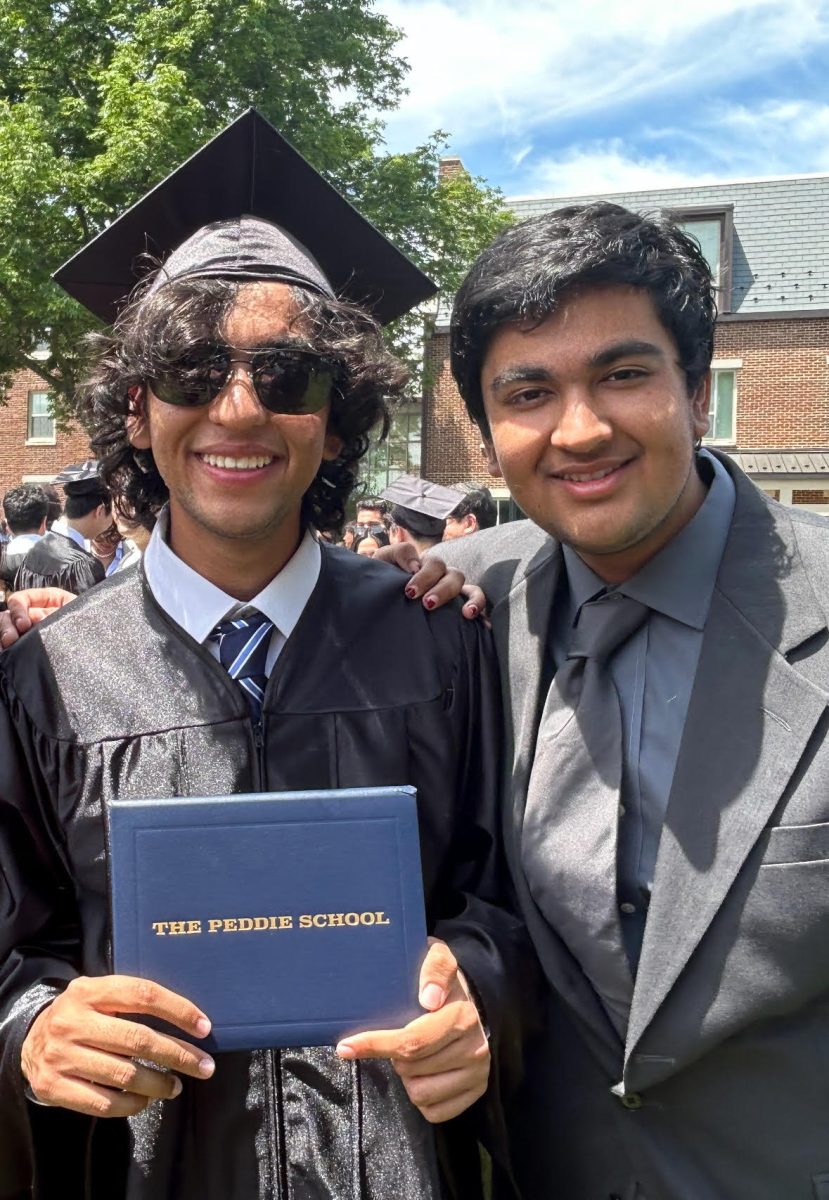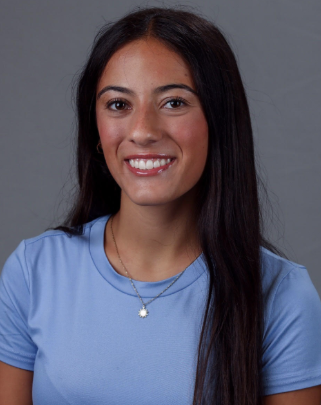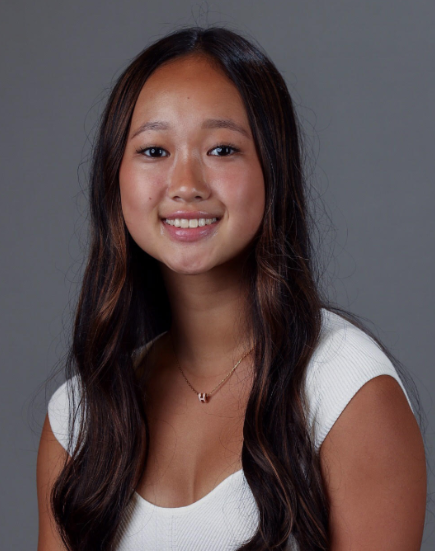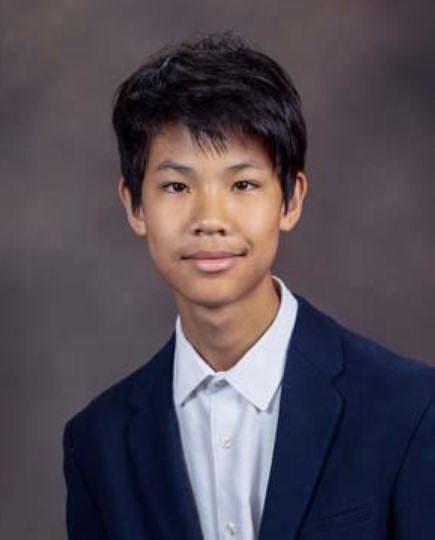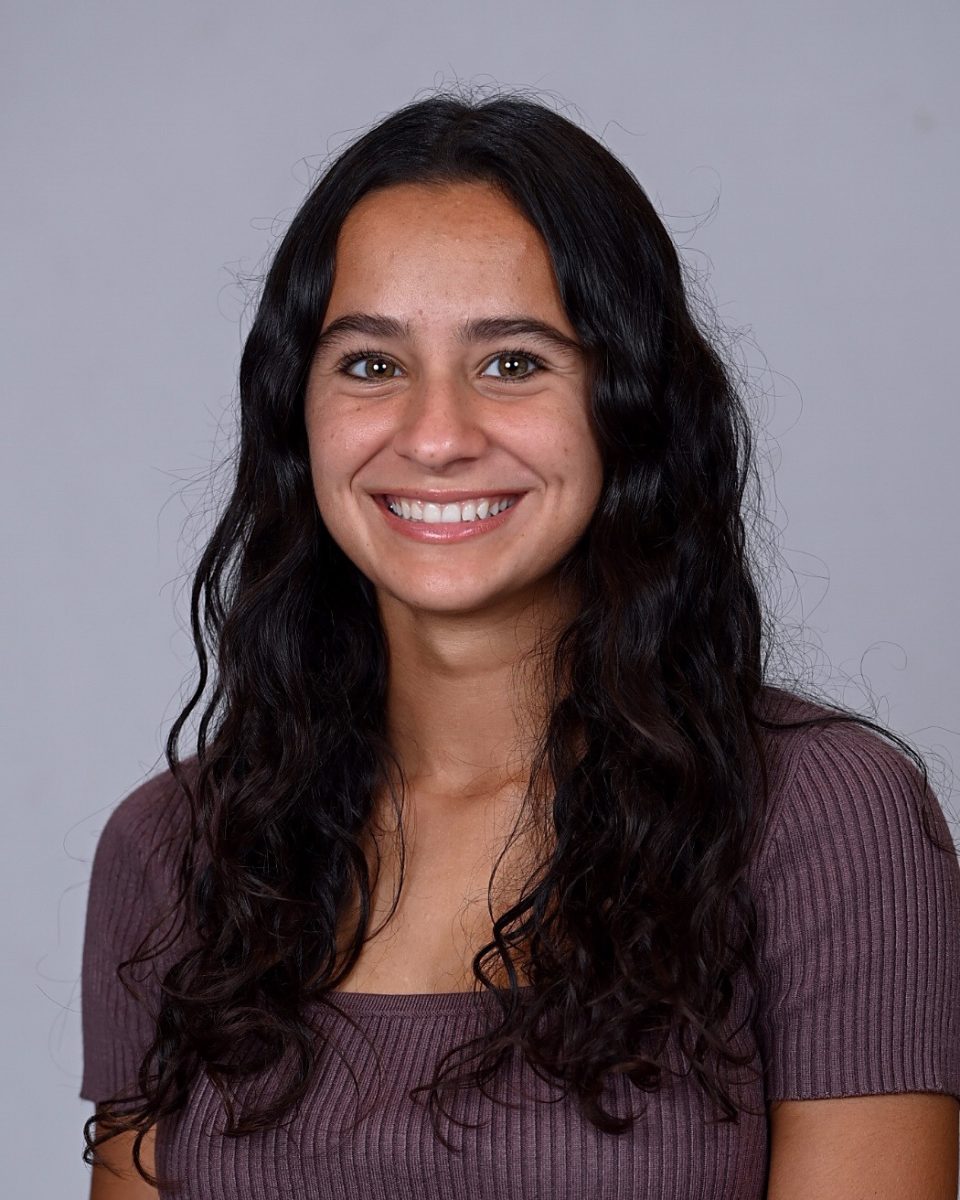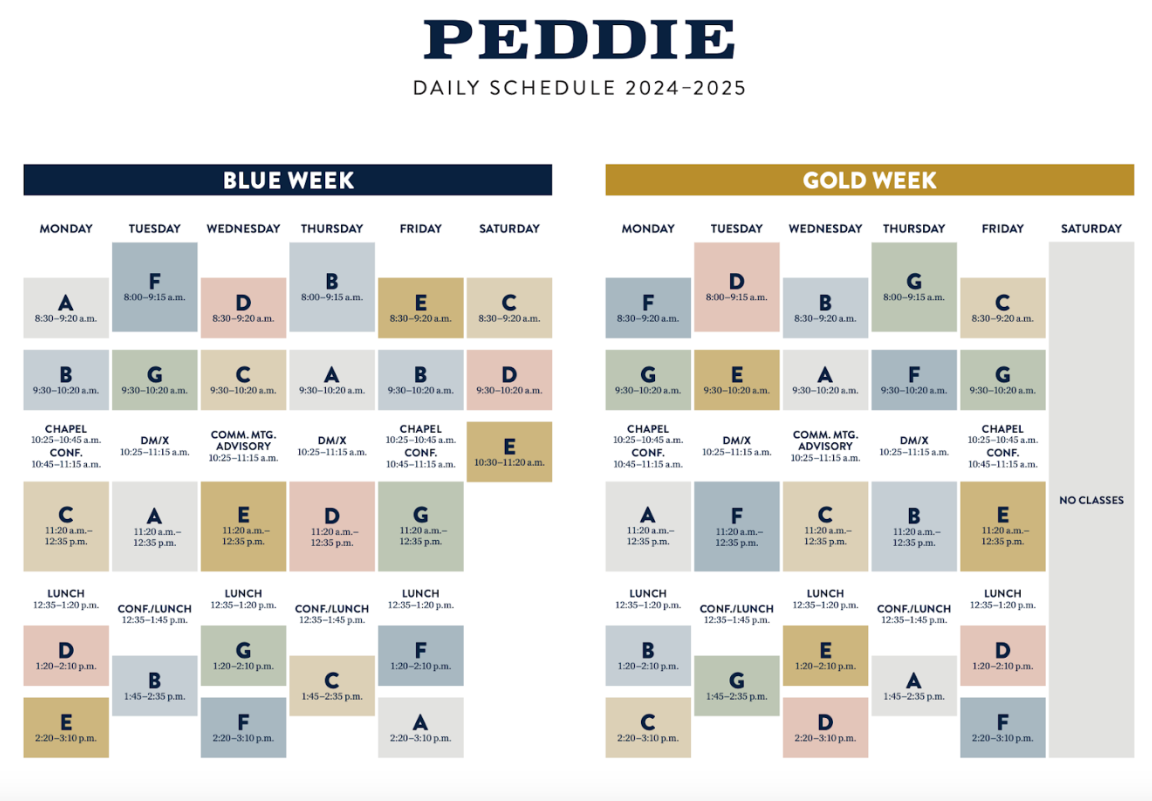At Peddie, students have the opportunity to explore a wide range of subjects and disciplines, taking advantage of the various programs and tracks at their disposal to craft their own unique academic journey. On its official website, the school boasts a curriculum comprising 150 courses in over 30 subject areas. This, of course, includes a large selection of honors and Advanced Placement classes, better known as APs, which teach college-level content.
While AP courses are generally not a requirement, they do allow students to pursue an even deeper level of study in a subject area they find particularly interesting, and taking one can demonstrate drive and the ability to handle rigorous coursework. Most of the APs offered at Peddie are full-year courses and culminate in an official standardized test administered by the College Board. A good score can earn a student credit or advanced placement at their future college.
Now, the school year is coming to a close, which means that not only is AP exam season rapidly approaching, but Falcons set to return in early September have also started to think about what courses they would like to enroll in for the following year. With this in mind, The Peddie News decided to survey the student body for thoughts and advice on Peddie’s AP curriculum, as well as reach out to Peddie’s various department heads for more information on some of the school’s most challenging courses.
What AP do you believe/have heard is the hardest?
A common concern for many students when it comes to selecting courses is the level of difficulty, often defined by some combination of pacing, the teacher’s teaching style and actual content. While many students are more than capable of tackling some of the objectively harder AP courses out there, most of them have to juggle a schedule consisting of five to seven classes, not to mention time-consuming extracurriculars like athletics, theatre or clubs.
All of these factors make it imperative for students to curate a balanced academic schedule that challenges them without being completely overwhelming. This makes the level of time commitment another important factor. While each individual has their own unique experiences, the following courses were deemed some of the most challenging APs offered at Peddie overall:
#1 – AP Chemistry: selected by 31.6% of respondents, 66.7% of whom have never taken the course during their time at Peddie. Multiple respondents claimed that this class is extremely fast-paced and the material is even harder than the exam, with one graduate explaining that its highly cumulative nature can be very challenging.
#2 – AP Physics C: selected by 28.1% of respondents, 87.5% of whom have never taken the course during their time at Peddie. This class teaches material designed for two separate exams, the AP Physics C: Mechanics and the AP Physics C: Electricity and Magnetism exams. Many survey participants mentioned that this course is heavily grounded in higher-level mathematics and requires good analytical skills.
#3 – AP U.S. History (APUSH): selected by 19.3% of respondents, 27.3% of whom have never taken the course during their time at Peddie. Almost every respondent who selected this course cited the large amount of material required to be memorized, which makes APUSH extremely difficult and time-consuming.
Most readers are likely unsurprised by these results, as these courses are infamously deemed the most difficult APs regardless of teacher or institution. Possessing strong time management skills, commitment and the ability to ask for help when needed are key to conquering these subjects. Other answers included AP Biology (3.5%), AP Calculus BC (3.5%), AP Latin (3.5%) and AP Art History (3.5%).
What AP do you believe/have heard is the easiest?
To reiterate a point made earlier on, each student is different and has their own abilities to bring to these courses, resulting in unique experiences. However, although this shouldn’t be the only reason to add this course to one’s schedule, knowing that an AP is on the less rigorous end can be helpful when planning academic trajectories and instill confidence in students. So here are some of the seemingly easiest AP classes offered at Peddie, as voted by survey respondents:
#1 – AP Environmental Science: selected by 26.3% of respondents, 80% of whom have never taken the course during their time at Peddie. Course graduates claimed that this class’ concepts are relatively simple to grasp, although one mentioned that there is a decent amount of material to memorize overall. Most respondents who chose this course cited that they had heard from others of its more relaxed nature but had never actually taken it themselves.
#2 – AP Psychology: selected by 22.8% of respondents, 84.6% of whom have never taken the course during their time at Peddie. One graduate of this course explained that most of the tests throughout the school year are in multiple-choice format, and AP level free-response questions do not require much knowledge of the field of psychology at all. Multiple respondents who have not taken AP Psychology at Peddie referenced a general reputation the class has for being the easiest AP. Note that AP Psychology is currently only open for enrollment for rising seniors.
#3 – AP Computer Science: selected by 8.8% of respondents, only one of whom has never taken the course during their time at Peddie. The actual course at Peddie is technically taught over the duration of a single term, making preparation for the AP exam more grounded in fundamentals and knowledge learned throughout a student’s entire experience with the school’s computer science track. Respondents claimed that the College Board’s requirements for this course are fairly easy.
Similarly, these courses are widely regarded as being some of the easier AP classes out there, showing that Peddie’s takes on the AP curriculum are on-par with that of other educational institutions and, although possessing certain departmental changes, are not drastically different from the average as a result. Other survey answers included AP Literature: Secrets of Nature (7%), AP Literature: Historical Fiction (5.3%) and AP Music Theory (5.3%).
That being said, all APs still require time and effort to succeed in them. For example, when asked to comment on the two art APs that Peddie offers, AP Studio Art and AP Music Theory, Art Department Chair Mr. Michaels explained that the two are equally challenging but in very different ways.
Studio Art, which was opened to sophomores this past year, presents the unique task of developing a themed portfolio; rather than sitting for an exam at the end of the year, students spend time both in and outside of class exploring ideas and questions with a sustained investigation to guide their creative process.
AP Music Theory, on the other hand, does culminate in a College Board exam, but the class is unique in its development of both vocal and aural abilities to prepare for the test’s sight-singing and listening sections, which Mr. Michaels says many students find difficult to master due to the time-constraint of having less than one full school year.
Peddie’s take on AP American Literature also has unique features. The only English-related AP and mandatory for all juniors, the school’s AP American Literature course is further divided into three areas of study: Historical Fiction, Moral Dilemmas and Secrets of Nature, allowing students to pursue a specific focus based on their personal interests. This distinctive aspect of the AP Literature course, along with the department’s continued reviewing and updating of materials and sections, makes quantifying levels of difficulty, well, difficult.
For Language Department Head Sr. Ruiz, though, there is a fairly clear divide between AP Spanish and the other three language APs in terms of how challenging they are. At Peddie, a prerequisite for AP Spanish is participation in the honors track of lower-level Spanish courses, which functions as preparation for the AP course itself. Sr. Ruiz claimed that the two levels can rival each other in difficulty. However, he went on to say that AP Chinese, AP French and AP Latin can be more challenging because the larger quantity of material causes the class to move at a quicker pace.
Furthermore, Sr. Ruiz mentioned that all of the AP exams have placed more significance on cultural themes and their impact on modern society, making the course more difficult and deep than just the grammar and vocabulary mastery. He explained that, “The curriculum emphasizes real-world communication and skill-based tasks,” and has an “overarching goal [of] develop[ing] both comprehension and expression in meaningful cultural contexts.”
What advice, general and/or class-specific, would you give students who want to take an AP at Peddie?
If you’re looking to take your first or another AP class at Peddie, no doubt you’ve already done a fair amount of research and planning. But to help you a little as you figure out what path works best for you, here is some advice from both students and teachers on how to find success within the AP program:
“They’re definitely not as hard as everyone makes them out to be. You just have to kind of really be interested in the material, and then it’s not too bad.” — Student respondent
“Do the homework. Swallow your pride and go to help hours.”
— Student respondent
“Make language practice part of your daily routine […] seek opportunities to speak with native speakers. Real conversations are powerful learning tools.” — Sr. Ruiz
“Do the summer homework (first unit of class) in the summer. Buy a prep book. Find out where teachers get questions from.” — Student respondent
“[T]ake ones you know are aligned with what you want to study in college OR that you know will get you out of a gen ed requirement in college if you score well (like a language!) […]” — Student respondent
“Pay attention in class because, from my experience, that’s what’s been the most important […] Even if you do all the homework, you’re not going to get far if you’re not also attentive in class.” — Student respondent
“Students should only pursue [AP courses] if they have a genuine passion for the subject and a strong sense of their own abilities. Success often depends on both interest and skill.” — Mr. Michaels
To Mr. Michaels’ point, one of the most common pieces of advice given in the student survey was to choose AP courses that align with your personal interests and to not invest unnecessary time and energy into a course simply to buff up your transcript or because it is highly rigorous. Not only do you run the risk of messing up your grades, but your performance in other classes may start to suffer as well, and, most importantly, it can affect your own mental health and happiness.
What’s more important is genuinely enjoying what you are learning about and studying because this is truly what makes the education worth it. And if you don’t choose to take any APs at all (besides AP Literature!), that’s perfectly okay. APs can be great opportunities, but they aren’t the right fit for everyone.
But if you’re on the fence, just remember that no matter the outcome, it will definitely be a great learning experience and help you grow tremendously as both a person and a student. You will gain high-level knowledge and develop important life skills like time management and communication. As one survey respondent wrote, “Don’t be afraid to push yourself. Yes, it may be scary, but how else are you to grow and explore new things if you never get out of your own bubble?”
_____________________________________
Thank you for tuning into The Peddie Poll! The Peddie Poll is dedicated to providing accurate reflections of student interests on a wide variety of relevant topics. We appreciate any feedback, suggestions, input and participation! Be sure to look out for another poll and article featured in a future issue of The Peddie News.
About the Survey
This survey was conducted through Google Forms with a total of 57 distinct student responses, which is a response rate of roughly 11%. The survey followed an open-response format but utilized multiple choice selection with a write-in option to facilitate ease of graph depiction. All direct quotes were used with explicit permission from the person quoted.

